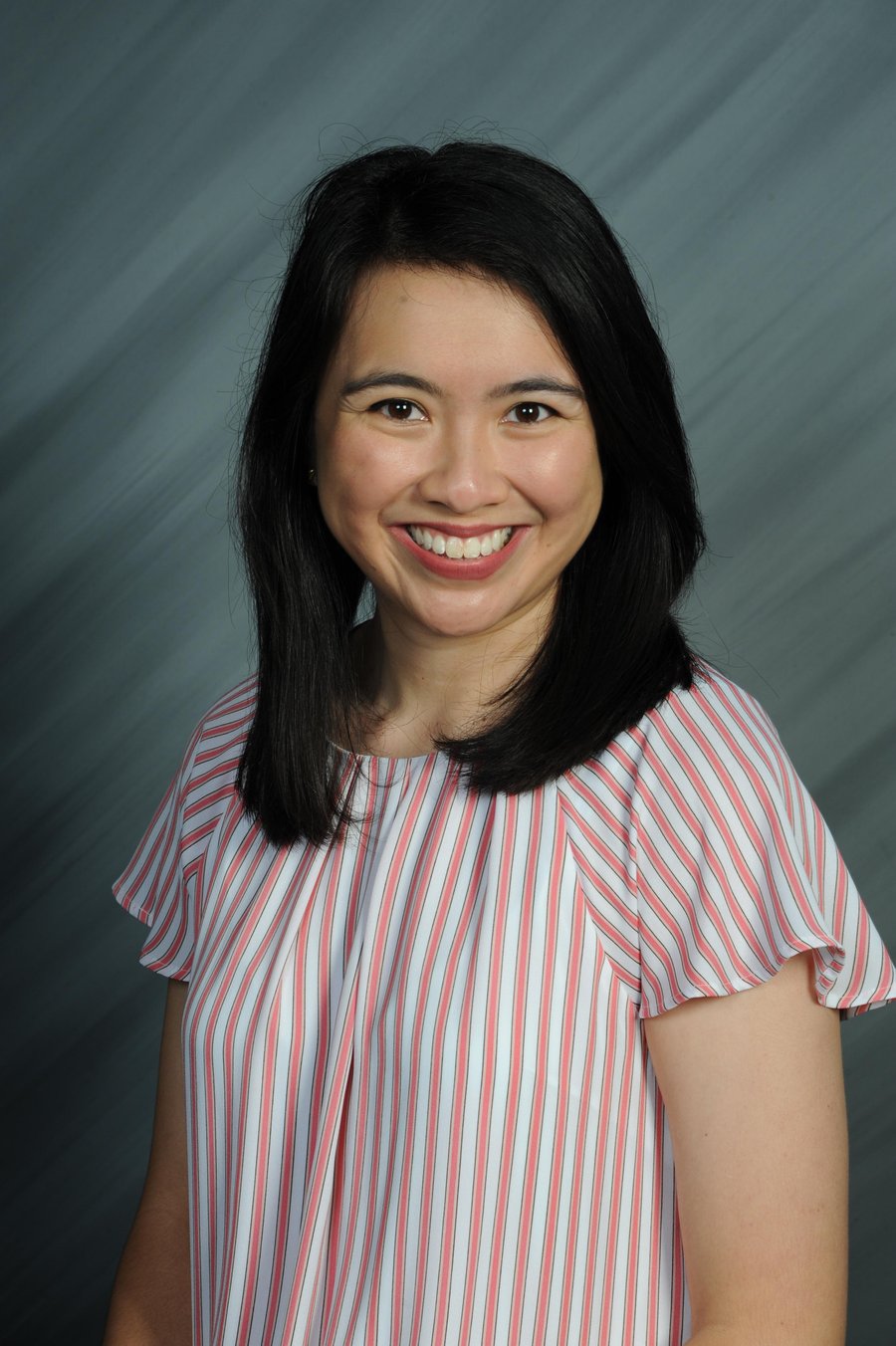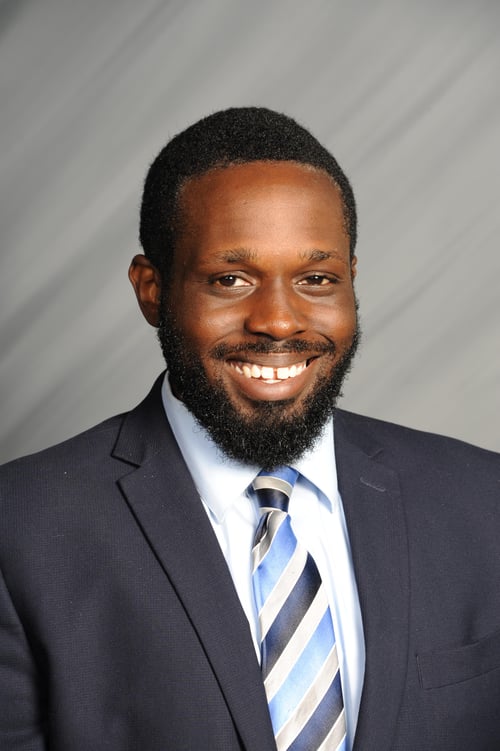
Have you heard the phrase, “It’s so easy, I could do it in my sleep”? Well it turns out that getting a good and restful night’s sleep isn’t as easy as you might think. Accord to the American Association of Family Physicians, about 10-30% of American adults have trouble falling asleep and staying asleep. About 35% of Americans get less than the recommended 7 hours of sleep a night. Sleep is such an important part of our health that easily gets neglected due to the fast-paced and busy schedules of daily life. Even though you may feel like you can function on less than 7 hours of sleep, the lack of sleep adds up and takes a toll on your body. Inadequate sleep can contribute to chronic conditions like coronary heart disease, chronic obstructive pulmonary disease (COPD), arthritis, and depression. Poor sleep can increase your chance of life-threatening conditions like heart attacks and strokes. It can also increase your chances of getting harmed in a motor vehicle accident. According to the CDC there may be upwards of 6,000 fatal crashes a year as a result of drowsy driving.
It is common for people to turn to medications or supplements to help them with their sleep, but the first step that medical providers recommend is to make lifestyle changes by improving your sleep hygiene. Think of sleep hygiene as a set of good habits that you can help you get the best sleep possible. There are many things that go into good sleep hygiene, but I think the most important habit is making your bed a place where you don’t do anything but sleep. It may feel obvious, but you might be surprised by how much time you spend in bed not sleeping. I challenge you to keep track of all the times you scroll on your phone, watch a show, listen to music, work from home, study/do homework in your bed. The noise and bright lights from screen time act as a stimulus and make it harder to fall asleep. Even lying in bed awake tossing and turning in the middle of the night can cause you to associate your bed with wakefulness. It is actually recommended for you to leave your bed if you can’t fall asleep within 20 minutes and to come back to bed when you feel sleepy. It may feel counter intuitive to get out of bed when you’re having trouble falling asleep, but again you don’t want to associate your bed with restlessness.
There are also other things you can do that may seem less obvious than changing things in your bed/bedroom. For example, setting an alarm for when to sleep and when to wake up can help train your body to know when it’s time for bed. It might sound silly to set an alarm to remind you to sleep but it will help keep you on a schedule, because it’s so easy to lose track of time and stay up late. Ideally you would also do this on the weekends, but this can be difficult to keep up with weekend plans. Not eating large meals or drinking before bed can also help. It’s hard to sleep when your stomach is full and when you have to wake up in the middle of the night to use the bathroom. Other helpful changes include decreasing the amount of alcohol, tobacco, and caffeine use in general, because doing so been shown to improve the quality of sleep.
Like any lifestyle change, it is easier said than done. It will take time to incorporate these habits into your daily routine. I recommend just taking it one day at a time and to not beat yourself up if you are unable to meet your goals 100% of the time. You just need to be persistent. It might be helpful to get family or friends involved. I find it easier to start new habits or break bad habits when people are doing it with me. It is also possible that even with these lifestyle changes you may still experience trouble falling asleep and staying asleep. There could be underlying medical conditions that cause you to have trouble sleeping even with these interventions. Talk to your licensed health care professional if you have any questions or concerns regarding your sleep or sleep habits. I hope this article offered you some new
insight into the importance of sleep and some new habits to hopefully improve your overall quantity and quality of sleep.
“To all, to each, a fair good-night, and pleasing dreams, and slumbers light.”- Sir Walter Scott
 Dr. Nieto is a resident physician who sees patients of all ages and provides obstetrical services at Lone Star Family Health Center, a non-profit 501©3 Federally Qualified Health Center operating facilities in Conroe, Spring, Willis, Grangerland, and Huntsville, and serving as home to a fully integrated Family Medicine Residency Program to increase the number of Family Medicine physicians for Texas and our community.
Dr. Nieto is a resident physician who sees patients of all ages and provides obstetrical services at Lone Star Family Health Center, a non-profit 501©3 Federally Qualified Health Center operating facilities in Conroe, Spring, Willis, Grangerland, and Huntsville, and serving as home to a fully integrated Family Medicine Residency Program to increase the number of Family Medicine physicians for Texas and our community.

.jpg?width=500&name=HAMME%2c%20Cristina%20-%20DOH%2006%2017%2015%20-%20Resident%20(1).jpg)

